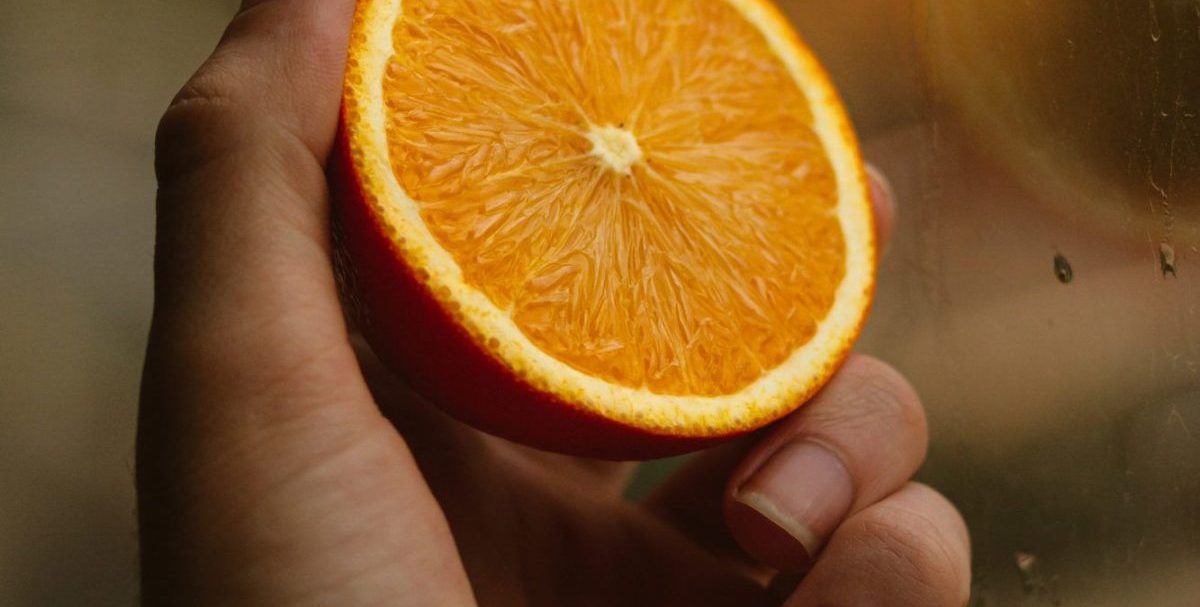Loss of smell and taste from Covid: how long it lasts and why
One of the symptoms of Covid is undoubtedly the so-called loss of smell and taste, but do we really lose both smell and taste if we become infected?
And how long does this symptom last, what does it arise from and what consequences does it have?
Let’s find out together in this article, but first let’s debunk a cliché: with Covid the taste is not lost, the taste of food is lost.
The two have a huge difference, starting with the fact that taste and flavor are not the same as most people believe. They are sensations that are based on different perceptions and mechanisms.
- In fact, taste is the perception of the so-called basic tastes, that is salty, sweet, sour, bitter, umami and fatty taste (the so-called sixth taste) which occurs thanks to the receptors present in the gustatory calyxes of the papillae. These papillae are located not only on the tongue, but also on the rest of the mouth and even in areas of the digestive tract.
So what we call taste is the result of the reception by the gustatory glasses of the basic tastes.
This is not lost in almost all cases if you get sick with Covid.

In fact, a person may be able to perceive a salty or bitter taste, may feel the acidity of vinegar and lemon juice.
In addition to these basic tastes, you can also experience the taste sensations that come from trigeminal nerve stimulation . These sensations are a phenomenon that we can define as almost tactile, that is, tingling or burning. For example, the tingle of mint and the spiciness of a strong chilli pepper or the sensation of the bubbles of very carbonated water.
The loss of taste, known as ageusia if it is total and hypogeusia if it is partial, is therefore a consequence of the lack of reception by the taste buds of the molecules that make up the basic tastes.
Typically, a rare condition.
On the other hand, with Covid, what we lose is the taste of food.
Let’s try to understand the difference.
COVID LOSS OF TASTE AND SMELL: HOW IT HAPPENS

The taste of food is over seventy percent a matter of aroma, even if we do not notice it. That is, it is the result of the fact that the mouth and nose are connected, so when we chew a food, this food releases odorous molecules that reach the nose through the mouth.
This phenomenon is what characterizes the post-nasal sense of smell.
This is how we distinguish the flavor of cheeses, chocolate and wine. To it are added the olfactory information that comes from the actual nose thanks to the nostrils, therefore before eating.
These different information converge giving us back the familiarity of a flavor and are what we call flavor, which is therefore the union of basic tastes with the aroma and smell of food.
With Covid, in essence, it is like having a severe cold. We can perceive the sweetness of the sugar, but we cannot perceive the taste of a cream puff or a biscuit.
In most cases, those who get sick with Covid completely lose their sense of smell.
A condition known as anosmia if the loss is total. In general, it loses a large part of it, that is, it has olfactory hyposmia.
However, the olfactory anomalies are not only quantitative (absent or not very intense odors).
In fact, many people have had qualitative alterations in their sense of smell due to Covid. That is: they smell unpleasant rather than pleasant or smell different from what they normally should smell.
Loss of smell from Covid

Loss of smell from the point of view of the intensity of perceived odors is the most common symptom of olfactory alteration and can also occur when the other symptoms from Covid are mild. This concerns over 70% of the cases of people who become ill with Covid. In general, it is estimated that half of these will recover their sense of smell within a month of healing, while for almost the other half the nose will return to its original condition within a few months.
The alteration of the sense of smell, on the other hand, is rarer and becomes parosmia (that is, we perceive smells different from those we normally should feel), with the tendency in general to smell unpleasant odors instead of pleasant ones. For example, there are people who feel a smell and consequently a rancid taste in food. Those who experience a metallic or even petroleum taste from eating meat.
What are the reasons?
The first hypothesis , at least as regards the intensity of odors, is that a consequence of Covid is the destruction of olfactory neurons, or the receptor cells of odor molecules which technically are neurons but only in the case of smell. Another hypothesis is the inflammation of the olfactory epithelium, where these neurons are located.
Neurons return to form within a few weeks, because the olfactory ones, unlike other neurons, can regenerate. So from here we understand that the loss or reduction of smell are reversible phenomena in one or more months.
How to explain the fact that we smell one smell instead of another?
Neuroscientists think that in this case, the cells that allow the brain to translate the olfactory information and convert it into a smell that we perceive as such are affected. These cells are found in the olfactory bulb, a channel for converting information arriving from receptor neurons.
Inflammation of the olfactory bulb can therefore lead us to smell one smell for another, often in pejorative terms. In this case, the use of anti-inflammatories could over time lead to smell correctly again, but it is a longer process, which explains why those who complain of alterations in smell and taste saying they smell odors strange or unusual and consequently strange or unusual tastes cannot get rid of this symptom right away. This problem can last for months, even a year for some. It can only affect some smells and tastes.
CONSEQUENCES OF LOSS OF SMELL AND TASTE
The consequences of this problem are of three kinds.
- The first is psychological: it is not easy to live without feeling the flavors and smells. There is less hunger, depression can occur and even social and emotional relationships can be altered. This is because the sense of smell also plays an important role in the relationship with others.
























+ There are no comments
Add yours